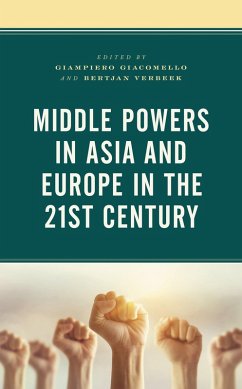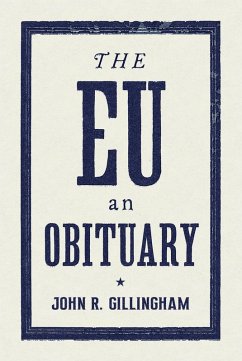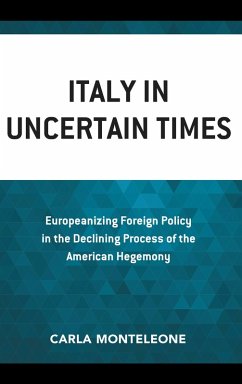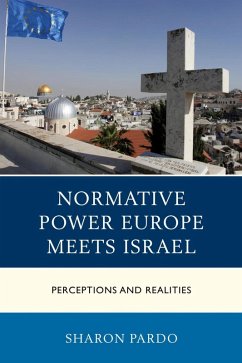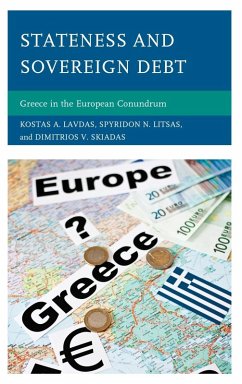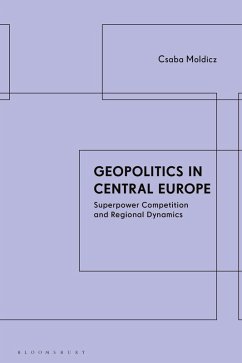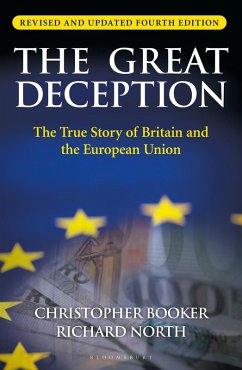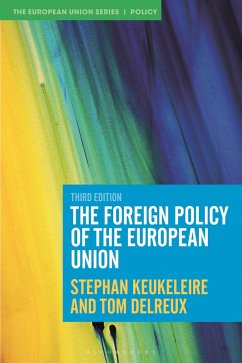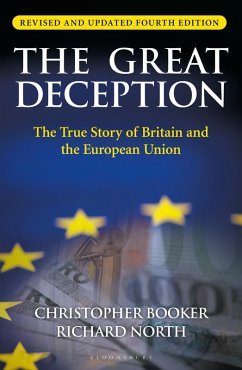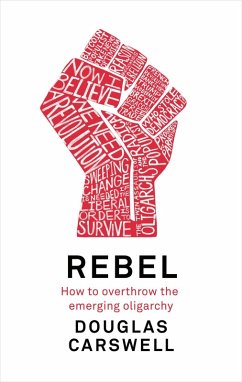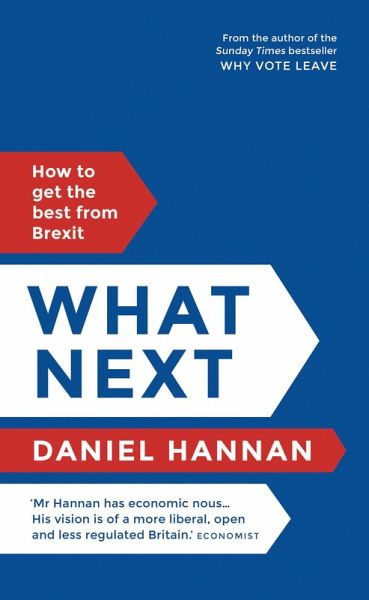
What Next (eBook, ePUB)
How to get the best from Brexit

PAYBACK Punkte
3 °P sammeln!
On 23 June 2016, against all forecasts, Britain voted to leave the EU. Drawing on his experiences at the heart of the campaign, Daniel Hannan disects the result and our reaction. He outlines why Vote Leave won, exploring what people were voting for and what they weren't. He looks at the immediate aftermath - how it differs from what people expected and what it says about where to go next. Brexit, Hannan points out, is a process - not an event - with three key areas of consideration: our relationship with the remaining 27 EU states; our relationship with the rest of the world; and, crucially, o...
On 23 June 2016, against all forecasts, Britain voted to leave the EU. Drawing on his experiences at the heart of the campaign, Daniel Hannan disects the result and our reaction. He outlines why Vote Leave won, exploring what people were voting for and what they weren't. He looks at the immediate aftermath - how it differs from what people expected and what it says about where to go next. Brexit, Hannan points out, is a process - not an event - with three key areas of consideration: our relationship with the remaining 27 EU states; our relationship with the rest of the world; and, crucially, our consequent domestic reforms - there is no point to Brexit if we don't now tackle the threats to democracy of corporatism and lobbying. What Next is Hannan's blueprint for a successful Brexit. A Brexit that addresses the concerns of the 48 per cent who voted Remain as well as of the 52 per cent who voted Leave, a Brexit that revitalises British democracy, and a Brexit that will be mutually beneficial for both Britain and Europe.




